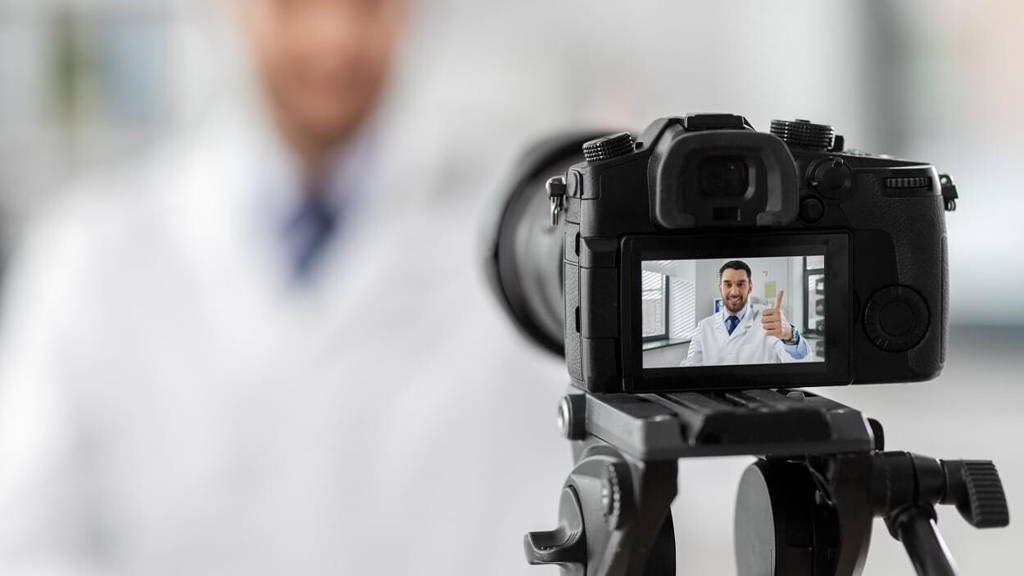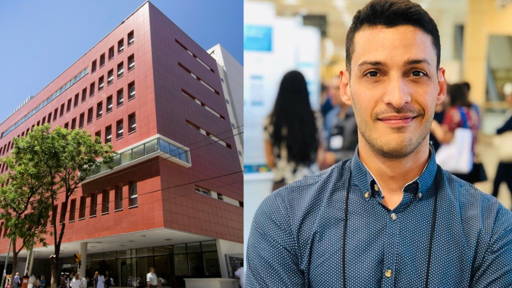The statistical Internet user spent a daily average of 2 hours and 22 minutes on social media in 2020. For people aged 16-24 – over 3 hours. Websites such as YouTube, Facebook, Instagram, TikTok and Twitter are used by over 3 billion people worldwide. Facebook has 2.2 billion active users. They shape our everyday decisions, world-view, political beliefs and consumer behaviour.
Different groups and interests on the stage arranged by algorithms
Professionals tend to choose Facebook, Twitter and LinkedIn to spread the word. When entering a virtual community, expanding a professional network, following suggested posts, people may have the impression of broadening their perspective. Since everyone can express their opinion, the discussion becomes more democratic. However, in reality, a social media user ends up in a filter bubble, strengthened by algorithms that display only posts representing similar opinions. In general, there are four groups of people setting the tone for discussions on social media, creating trends, influencing others and promoting technological innovations. The first group are influencers with their broad reach —social media marketers. They demonstrate innovations, often in the form of an objective test. Over time many of them become market experts, taking the stage during congresses or launching books. The second group are representatives of companies that aim to expand their market reach (corporate affairs). Twitter and LinkedIn are perfect places to be. In theory, you can interact with people who are not accessible in everyday life, from politicians, representatives of governmental and non-governmental organizations to patients’ associations, industry leaders, founders of start-ups. This kind of social media communication is sometimes a well-thought-out strategy, sometimes a chaotic series of posts.Do discussions on social media address fundamental challenges in healthcare?Industry leaders or opinions leaders should be distinguished from influencers and lobbyists who use networking to achieve their own business goals. Industry leaders are people with relevant qualifications, skills and knowledge. A few years ago, they were opinion leaders, but the emergence of social media weakened their position. Nevertheless, during the COVID-19 pandemic, they are back in favour of reliable and verified information sources. I mean representatives of academia, scientists and independent industry advisors. Paradoxically, these people are under-represented on social media. The fourth group, activists, represent a clear point of view regarding discussion-provoking topics like data, AI, healthcare models, ethics, privacy. No, they don’t organize protests but rather join discussions on social media and actively present their points of view. Similar to influencers and lobbyists, they effortlessly navigate social media and use keyword browsers not to miss important debates, even when they are held outside their networks of contacts. Activists can play a positive role when specific citizen groups are under-represented in some discussions. However, they can spread misinformation in an organized manner, as we saw during the COVID-19 pandemic.








